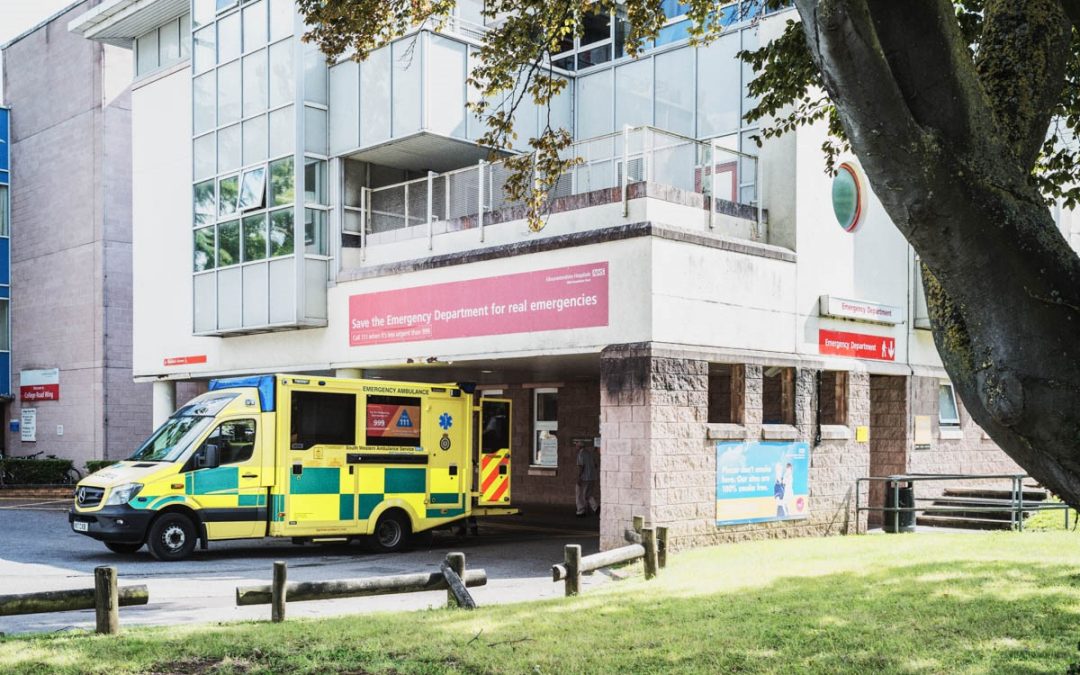The following statement appears in One Gloucestershire’s ‘Stakeholder Briefing about the proposed changes:
“We share the desire to see two thriving, vibrant hospital sites with strong identities and both providing world class treatment.”
REACH shares this desire too, providing “two thriving, vibrant hospital sites” should mean two fully functioning District General Hospitals. A “General Hospital – provides diagnostic, treatment and surgical services for patients with acute conditions. The difference lies in the nature of services, not quality. …Specialty hospitals – provide narrow range of services for specific medical conditions or patient populations.”
For REACH and the people of Cheltenham, this means having two hospitals which have the capability and capacity for Acute Medicine/Surgery and fully functioning Type 1 Emergency Departments; not one major hospital and a downgraded ‘satellite’ hospital which mainly does ‘short stay’ or ‘day-case’ (minor) surgery. REACH also welcomes the commitment to “keep the A&E Department” in Cheltenham and trust this means fully restoring it to at least its Type 1, pre-pandemic status.
REACH is not opposed to ‘Centres of Excellence’, with Cheltenham General being a ‘Centre of Excellence’ for Oncology (cancer), Gastroenterology and Urology, Vascular Surgery, Interventional Surgery and Opthalmology. Cheltenham already has nationally recognised services like Oncology, Colorectal (bowel cancer) surgery, Urology (bladder, prostrate and kidney) and Gynaecological (ovarian, cervix and womb) cancer surgery.
The Radiology or Xray Department is an essential component of a General Hospital. The Xray Department in Cheltenham performs more emergency interventional procedures (image guided surgery) than its counterpart in Gloucester. It is important that this and other services continue at Cheltenham in order to support a fully functioning Type 1 A&E Department in Cheltenham.
Cheltenham also has a first-class Vascular Surgery Unit. The Trust commissioned and built a special operating theatre (so called “hybrid theatre”) in Cheltenham at a cost of £2.3 million which only opened 6-7 years ago. This award-winning hybrid theatre is one of the best in the country and recently won praise from the Care Quality Commission.
REACH, like most of the Consultants involved in vascular surgery, remains opposed to the centralisation of vascular surgery in Gloucester and the loss of the hybrid theatre facility for vascular patients in Cheltenham. REACH is also opposed to the centralisation of all Acute Medicine in Gloucester and the concentration of ALL Emergency General Surgery in Gloucester. This could mean that all ‘Blue-light’ emergency ambulances go direct to Gloucester.
Lack of support for A&E from specialist medical and surgical doctors would make it difficult to maintain a fully-functioning Emergency Department in Cheltenham. The lack of blue light emergency admissions would not provide sufficient breadth of experience and adequate training for Junior Emergency Doctors, required by the Severn Deanery (the training authority).
REACH is also concerned about the Orthopaedic Trauma trial being made permanent. Reports from inside the Orthopaedic Department suggest, while the pilot has successfully facilitated elective orthopaedic surgery in Cheltenham, it has put excessive pressure on beds and operating theatres in GRH, which now has to perform ALL the emergency orthopaedic surgery.

